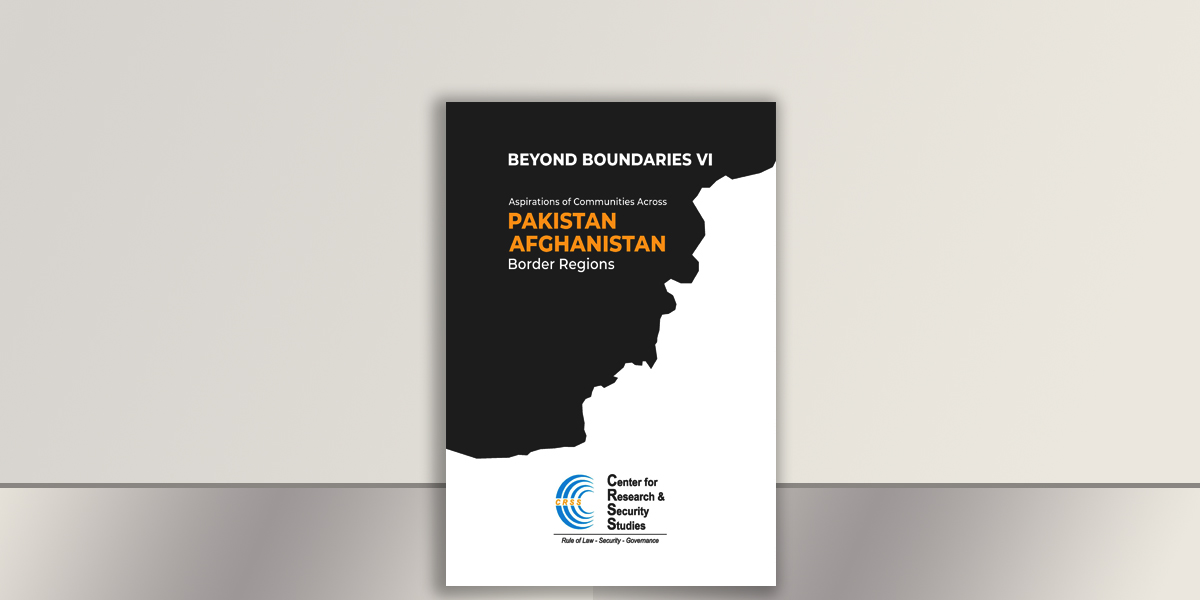INTRODUCTION
This study of Pak-Afghan border communities, as proposed in the Feeder Mechanism under Beyond Boundaries VI, is a comprehensive initiative designed to address critical issues impacting border stability, and cross-border affairs including trade and communal ties, socioeconomic landscape, and gender dynamics across the region.
The rationale behind this mechanism was to actively engage with local communities residing on both sides of the border, enabling them to voice their concerns and perspectives. Through in-depth interviews (IDIs) conducted by field researchers, this mechanism sought to gain valuable insights into the unique experiences and challenges faced by these communities. By doing so, it aimed to tailor conflict-mitigation strategies and community-driven solutions that reflect the genuine concerns and aspirations of the border context.
This feeder approach acknowledges that direct engagement with border communities is not only essential for incorporating their perspectives but also vital for enhancing the credibility, ownership, and sustainability of interventions. This, in turn, fosters mutually beneficial potential for cross-border tribal and ethnic connections to strengthen overall relations between Pakistan and Afghanistan.
EXECUTIVE SUMMARY
The report examines the lives of communities living across the Pak-Afghan border, namely Chaman-Spin Boldak and Torkham-Jalalabad regions, providing key insights into everyday norms, gender roles, cross-border ties, economic activities, state of peace and security, and views on governance and state services. It portrays a society marked by strict gender roles, limited access to education and employment opportunities for women, and a patriarchal system. Men primarily engage in unskilled labor and trade, while women are confined to household duties.
The region’s reliance on cross-border trade as the primary income source is evident, and natives express concern over the impact of recent changes and trade disruptions, emphasizing the need for smooth border crossing procedures and trade cooperation.
The status of education is a major concern, with challenges in infrastructure and gender disparities. The report underscores the significance of prioritizing education, particularly for women and girls, to address the complex challenges facing the region.
Cultural and religious dynamics play a central role, impacting women’s opportunities. Tribal leadership structures are viewed as effective in dispute resolution, while the government’s role in fostering trade and development is deemed inadequate.
The report concludes with recommendations, highlighting the importance of investing in education, promoting women’s empowerment, and improving access to cross-border trade. It emphasizes that addressing cultural norms and tribal structures is pivotal for a more promising future, underlining the link between comprehensive development, gender equality, education reform, and regional peace and security.
Download PDF

